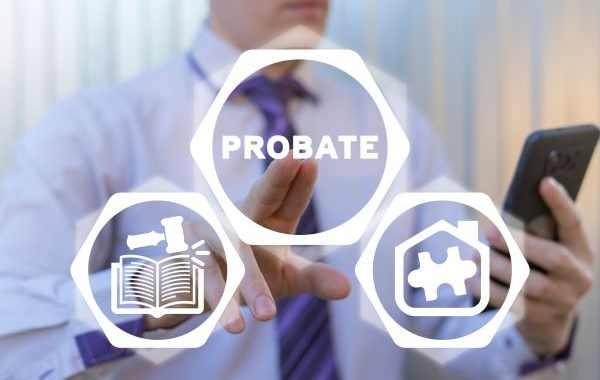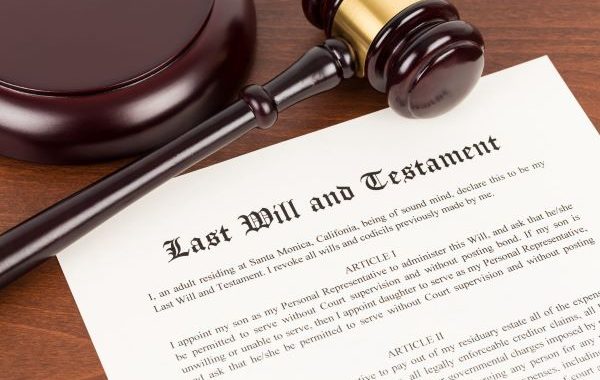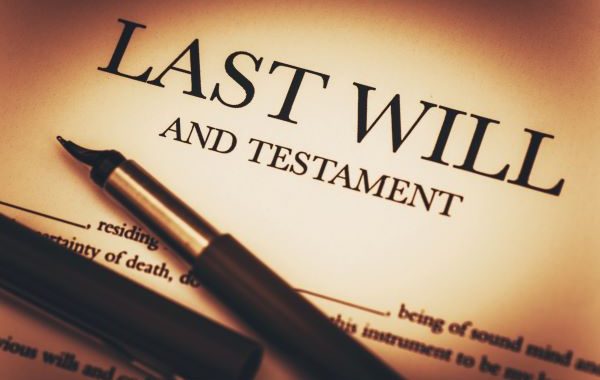A probate court validates a will and ensures an executor manages the decedent's assets and debts in accordance with the law and the decedent's wishes.
Estate Planning for Seniors
Despite recognizing the importance of estate planning, nearly half of Americans age 55 and older do not possess a will, a power of attorney, or a
Estate Planning for Digital Assets
Digital footprints are unavoidable nowadays. From social networks, seller accounts, financial utility, and medical accounts nearly everybody has a
A Will’s Capabilities and Limitations
It is an important part of any comprehensive estate plan to have a will that specifies who will inherit your property upon your death. If you die
The Contestation of a Will
A will lays out who shall receive a loved one's property, and which person must settle the estate (known as the executor). For many reasons,
Why Putting off Estate Planning Is a Bad Idea
We don't own much. Aren't we better off waiting until we have the money to plan? You shouldn’t. It is crucial to give legal authority to a person
Estate Planning Explained
The law describes estate planning as a legal document summarizing the property a person owns and how to distribute these assets when deceased.
How a Will Works
A complete estate plan contains a legally binding mandate called a will, describing the distribution of assets upon death. If you die without one
Why a Will is Vital
At the time of your death, the set of legal documents communicating your last wishes and how to divide your assets is called a last will and









